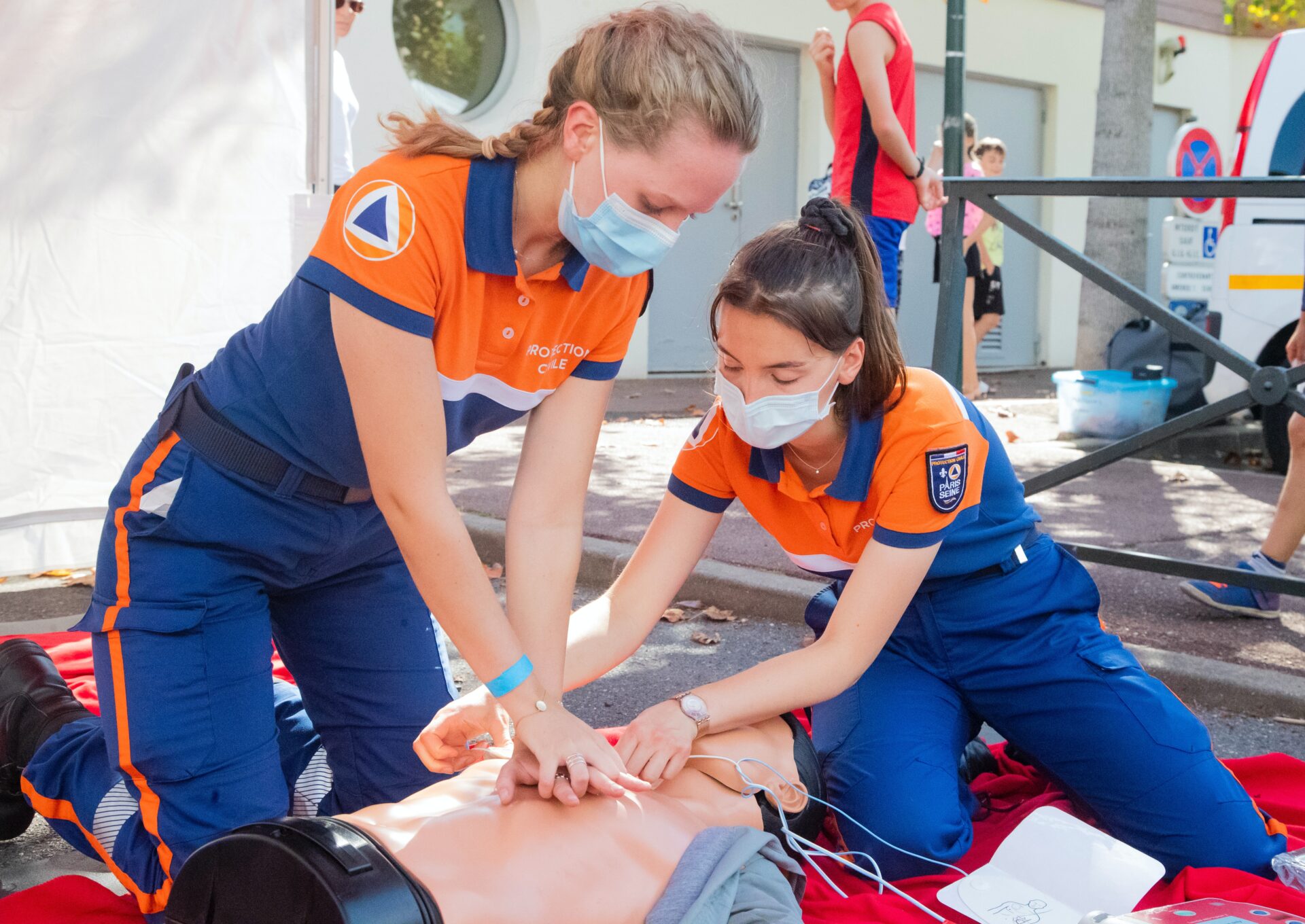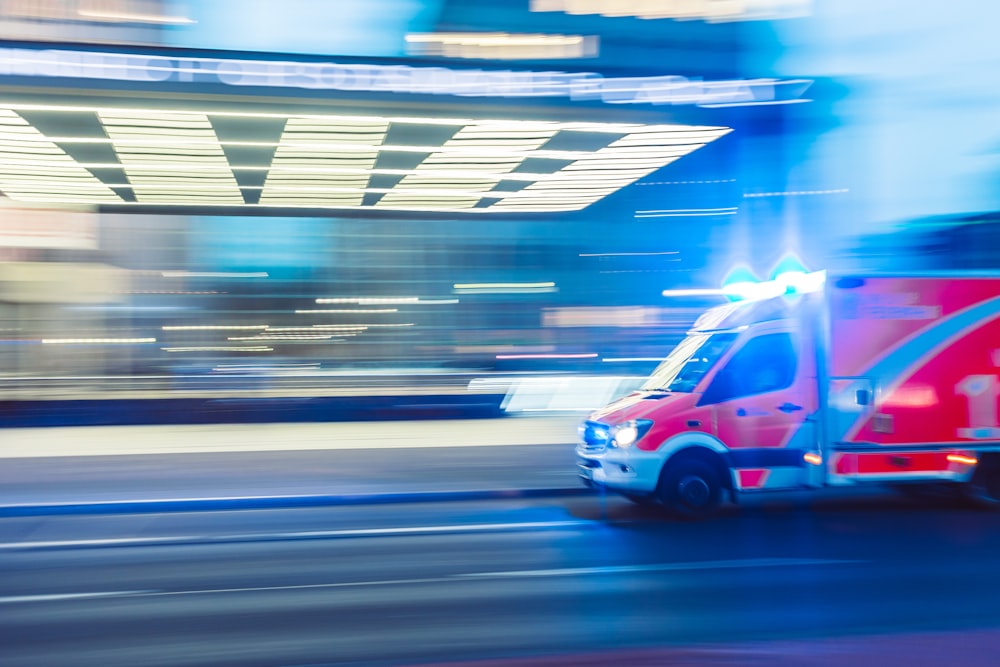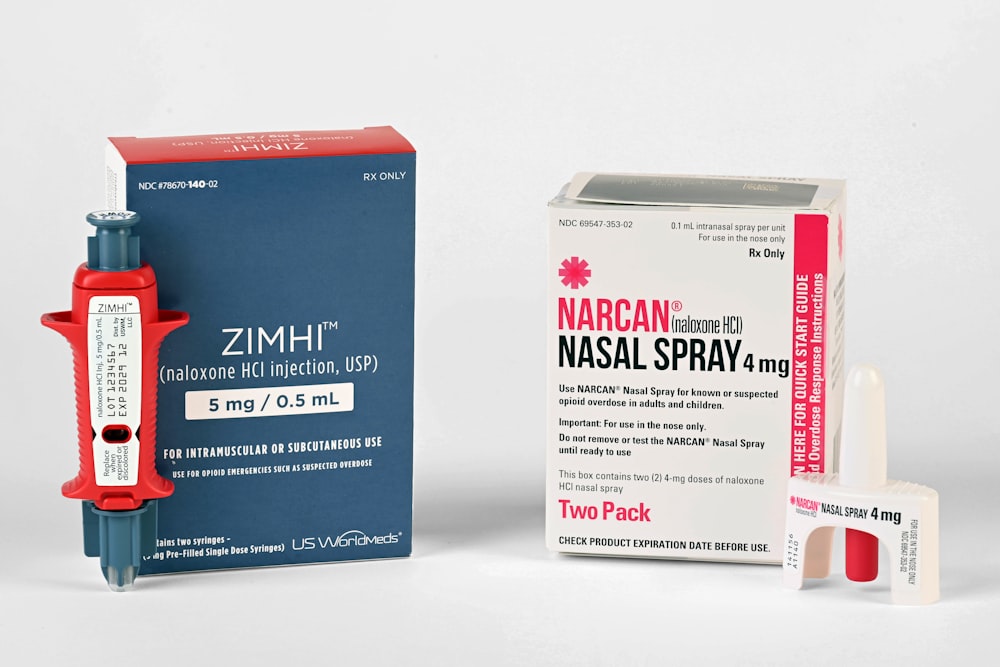Everyday situations can quickly turn dangerous. Deadly allergies, choking, heart attack, and even assaults are just a few circumstances that can change lives within a few minutes. Equipping yourself and learning how to handle them can make the difference between a situation everyone walks away from, and an emergency where someone you love doesn’t make it through.
Here are a few simple skills and handy items that may one day save a life.
Learn Basic Self-Defense
Photo by Alci Alliata on Unsplash
Just because you’re home doesn’t mean you’re safe. According to Forbes, over one million homes are broken into in the US. Count yourself lucky if they just take something away from you. But what if the situation turns violent?
That’s why it’s important to familiarize yourself with basic self-defense maneuvers. When you are scared or surprised, your practice and muscle memory takes over before you have a chance to think. And that practice should be something that dissuades an assailant or gets you to safety.
Strike in vulnerable areas – Practice hitting areas of an assailant such as the face, eyes, or groin for the greatest effect.
Use elbows and knees in addition to fists – These are hard, dense bones with significant impact strength that can stun an attacker.
Run away – That’s right, practice the action and mentality of running as fast as you can in the other direction as soon as you might be in danger. Getting away just a moment sooner, rather than standing surprised can make a world of difference. Especially in circumstances with multiple assailants.
Remember: Real-world situations aren’t sports like boxing or MMA. Use any means necessary to stay safe. It also wouldn’t hurt to bring a small can of pepper spray around!
Recognize the Signs of Medical Emergencies
Photo by Camilo Jimenez on Unsplash
Time is of the essence in medical emergencies, especially when it comes to conditions such as heart attack and stroke. The faster the symptoms are recognized, addressed, and treated, the better the outcomes.
You can be in a position to help others simply by familiarizing yourself with the initial signs.
Heart Attack
- Chest discomfort (squeezing or sensation of pressure) in the center of the chest lasting for a few minutes, may dissipate then return
- Jaw, neck, back, or shoulder discomfort
- Shortness of breath
- Nausea, lightheadedness, or cold sweats
Stroke
- Sudden weakness or numbness in one side of the body
- Dizziness or confusion
- Severe headache
- Difficulty taking or understanding speech
- Trouble seeing in one or both eyes
- Loss of balance, lack of coordination, or trouble walking
Keep An Epi-Pen Handy
Maybe you or someone you love suffer from an allergy that can trigger a life-threatening reaction called anaphylaxis. Symptoms include:
- Wheezing or noisy breathing
- Fast breathing or difficulty breathing
- Coughing
- Throat tightness or swallowing difficulties
- Throat or tongue swelling
- Tiredness or confusion
- Faintness or dizziness
- Cold, clammy skin
- Urticaria or skin hives
Even if you don’t know someone who has anaphylaxis-inducing allergies, it’s a good thing to keep an epi-pen around. Also known as an epinephrine auto-injector, it delivers epinephrine, a medication that opens the airways, quickens heart rate, and improves blood pressure.
Add Narcan Nasal Spray to Your First-Aid Kit
Photo by Pharmacy Images on Unsplash
According to the Centers for Disease Control and Prevention, about 50,000 people died from opioid overdose in 2019. The sad part? In one of three cases, a bystander was around to witness the overdose—and possibly save the person from dying.
To possibly prevent these tragic deaths, it’s worthwhile to add Narcan nasal spray to your first-aid kit. Also known as Naloxone, Narcan blocks the effects of opioids and restores breathing within two to three minutes.
Narcan nasal spray is relatively easy to use, and non-medical professionals can administer it. It’s only a matter of removing the packaging, tilting the individual’s head back, positioning the spray, and pressing the plunger to release the medication.
Important note: if the individual doesn’t respond after two to three minutes, you may need to administer another dose of Narcan. This often happens if the individual has taken stronger opioids like Fentanyl.
Learn the Heimlich Maneuver
According to a National Safety Council article, choking is the fourth leading cause of unintentional death and injury. In 2020 alone, 3,000 people died from choking.
Don’t let someone you love be part of this statistic. Learn the Heimlich maneuver, which makes use of abdominal thrusts to dislodge items choking a person.
The beauty of the Heimlich maneuver is you can perform it on yourself as well. It’s just a matter of making a fist and pressing it under the rib cage, just above your navel. Use your other hand to grasp the fist and pull it in upward. Do this six to ten times and you should be able to remove the item blocking your airway.
Learn CPR
CPR saves lives—literally. Just look at Buffalo Bills player Damar Hamlin, who suffered a cardiac arrest on the field last January 2, 2023. Thanks to the immediate CPR rendered by the team’s assistant athletic trainer Denny Kellington—and the vital treatments that followed at the University of Cincinnati Medical Center—he was deemed healthy enough to play again three months after the event.
Thankful for his renewed vigor, Hamlin himself has partnered with the American Heart Association to improve health literacy and provide the public with easier access to CPR training.
Be like Kellington (and many others) by taking your CPR certification online. Even if you have a busy schedule or are located far away from a training center, such specialized programs can help you learn CPR wherever you live.
Emergencies happen nearly anywhere and without warning. It pays to be prepared. By following these tips, you can save yourself, your loved ones, and other people from violence and medical emergencies.












